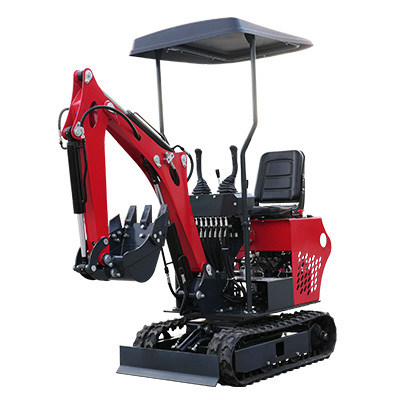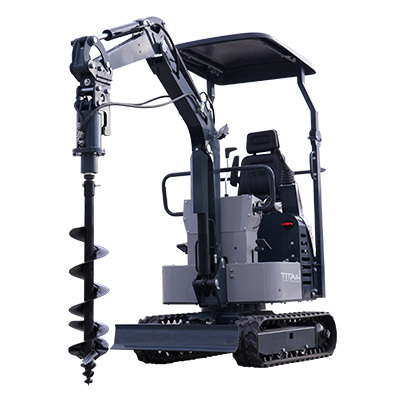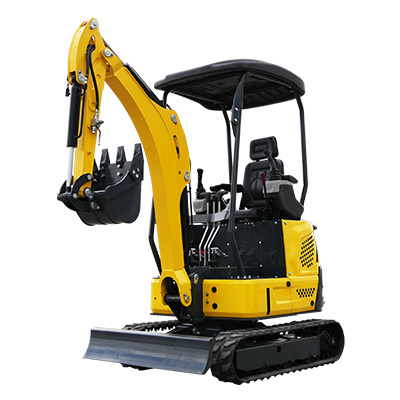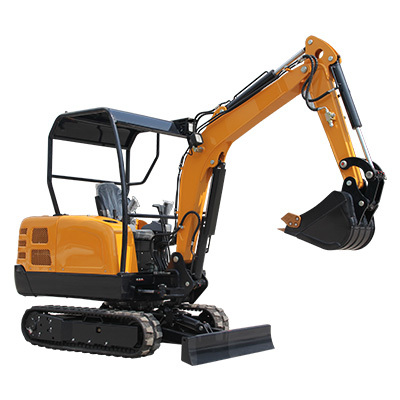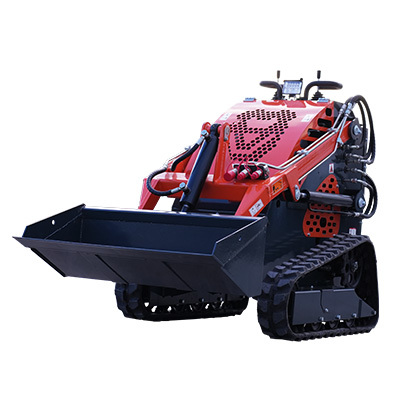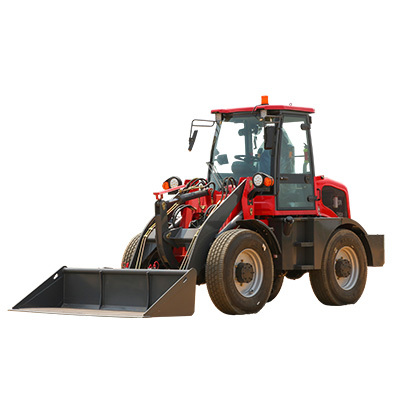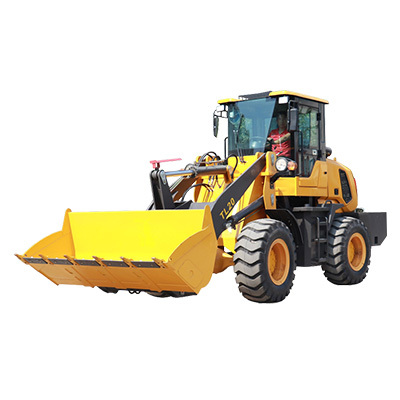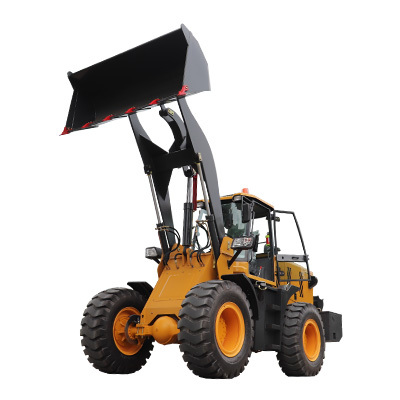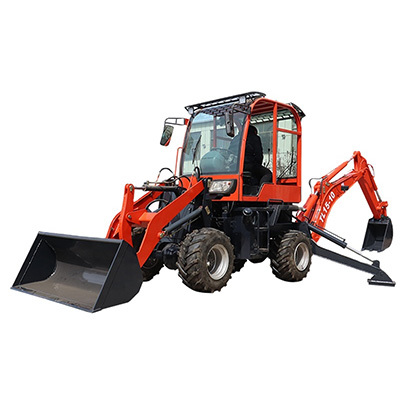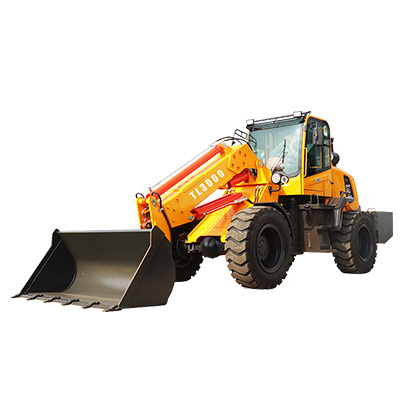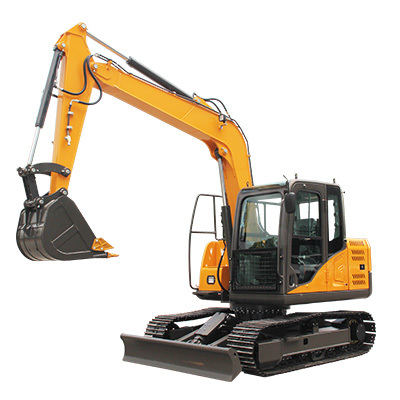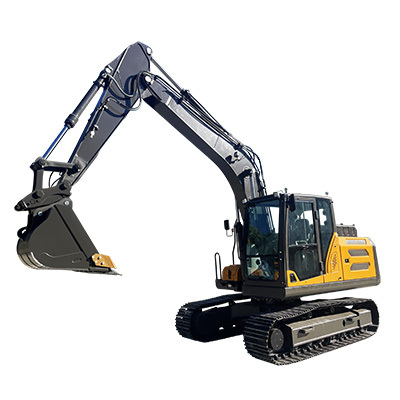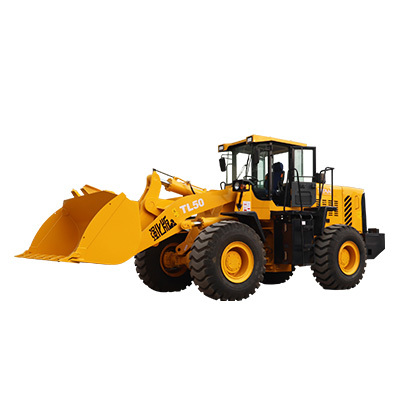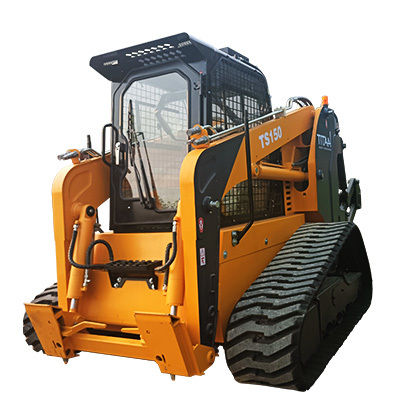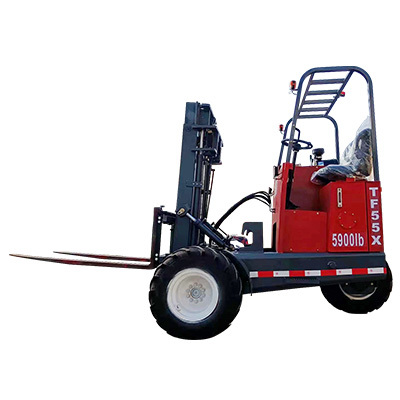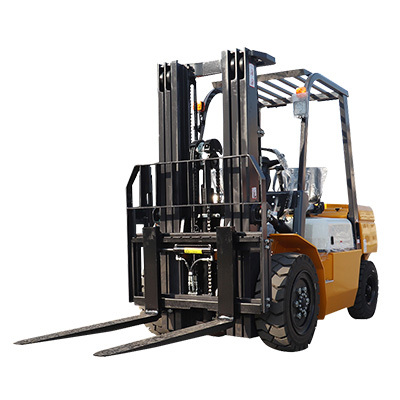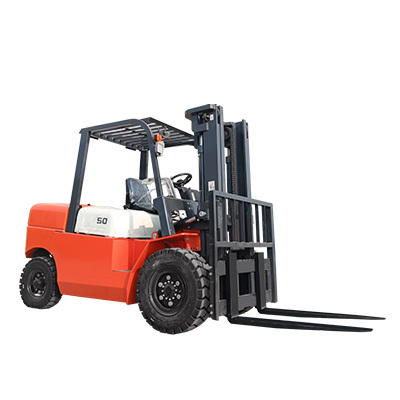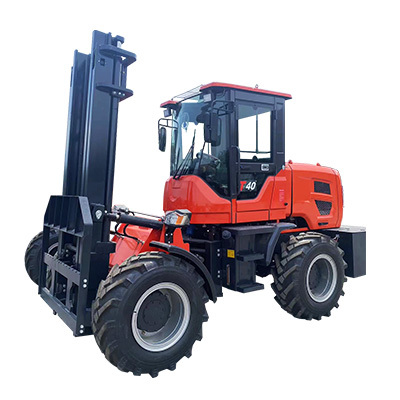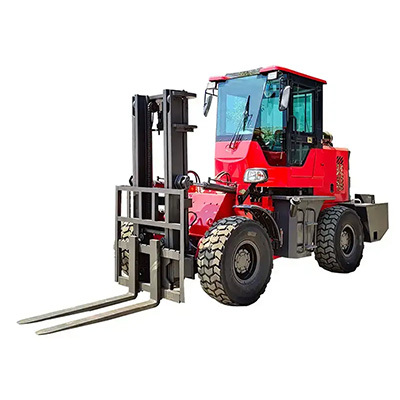Maximizing Efficiency with Electric Forklifts in Freight and Warehousing
Release time:
2025-07-07
Summary
Electric forklifts have become an essential tool in the transportation and warehousing industries, offering a range of benefits that enhance operational efficiency while addressing modern sustainability goals. Unlike their internal combustion counterparts, electric forklifts operate on battery power, making them a cleaner and quieter option for material handling.
One of the primary advantages of e
Electric forklifts have become an essential tool in the transportation and warehousing industries, offering a range of benefits that enhance operational efficiency while addressing modern sustainability goals. Unlike their internal combustion counterparts, electric forklifts operate on battery power, making them a cleaner and quieter option for material handling.
One of the primary advantages of electric forklifts is their reduced carbon footprint. With increasing regulations and consumer demand for greener practices, utilizing electric forklifts can significantly contribute to lowering emissions in warehouses and distribution centers. This shift can also enhance your company’s reputation as a socially responsible business, attracting eco-conscious clients and partners.
In terms of operational efficiency, electric forklifts provide impressive torque and power, enabling them to handle heavy loads with ease. Their design typically features a compact build, which not only allows for greater maneuverability in tight spaces but also maximizes lift capacity. This is particularly beneficial in high-density storage environments, where space optimization is crucial.
Electric forklifts also come equipped with advanced technologies that enhance performance and safety. Many models feature regenerative braking systems that capture energy during descent and return it to the battery, extending operational time and reducing battery replacement costs. Furthermore, the latest electric forklifts incorporate sophisticated monitoring systems that provide real-time data on battery health, load weight, and even operator performance. Such insights can help managers make informed decisions about maintenance and training, ultimately leading to increased productivity.
Safety is another critical aspect where electric forklifts excel. They typically have lower centers of gravity, reducing the risk of tip-overs during operation. Additionally, the quiet operation of electric forklifts allows operators to hear their surroundings better, enhancing awareness of potential hazards. Many models also include features like tilt and load sensors, which can help prevent accidents and injuries in busy work environments.
When considering an electric forklift for your operations, it is crucial to assess your specific needs, such as load capacity, lift height, and battery life. Investing in the right model can lead to significant long-term savings through lower maintenance costs and increased operational efficiency. Moreover, with advances in battery technology, such as lithium-ion batteries, charging times have decreased significantly, further improving the practicality of electric forklifts in fast-paced environments.
In conclusion, electric forklifts are transforming the transportation and warehousing sectors by offering a sustainable, efficient, and safe alternative to traditional forklifts. Understanding their features and benefits can help businesses streamline operations, reduce costs, and contribute positively to environmental sustainability. As the industry evolves, electric forklifts will likely play an even more prominent role in shaping the future of material handling.
Back to list
One of the primary advantages of electric forklifts is their reduced carbon footprint. With increasing regulations and consumer demand for greener practices, utilizing electric forklifts can significantly contribute to lowering emissions in warehouses and distribution centers. This shift can also enhance your company’s reputation as a socially responsible business, attracting eco-conscious clients and partners.
In terms of operational efficiency, electric forklifts provide impressive torque and power, enabling them to handle heavy loads with ease. Their design typically features a compact build, which not only allows for greater maneuverability in tight spaces but also maximizes lift capacity. This is particularly beneficial in high-density storage environments, where space optimization is crucial.
Electric forklifts also come equipped with advanced technologies that enhance performance and safety. Many models feature regenerative braking systems that capture energy during descent and return it to the battery, extending operational time and reducing battery replacement costs. Furthermore, the latest electric forklifts incorporate sophisticated monitoring systems that provide real-time data on battery health, load weight, and even operator performance. Such insights can help managers make informed decisions about maintenance and training, ultimately leading to increased productivity.
Safety is another critical aspect where electric forklifts excel. They typically have lower centers of gravity, reducing the risk of tip-overs during operation. Additionally, the quiet operation of electric forklifts allows operators to hear their surroundings better, enhancing awareness of potential hazards. Many models also include features like tilt and load sensors, which can help prevent accidents and injuries in busy work environments.
When considering an electric forklift for your operations, it is crucial to assess your specific needs, such as load capacity, lift height, and battery life. Investing in the right model can lead to significant long-term savings through lower maintenance costs and increased operational efficiency. Moreover, with advances in battery technology, such as lithium-ion batteries, charging times have decreased significantly, further improving the practicality of electric forklifts in fast-paced environments.
In conclusion, electric forklifts are transforming the transportation and warehousing sectors by offering a sustainable, efficient, and safe alternative to traditional forklifts. Understanding their features and benefits can help businesses streamline operations, reduce costs, and contribute positively to environmental sustainability. As the industry evolves, electric forklifts will likely play an even more prominent role in shaping the future of material handling.
More News
Compact Construction Equipment manufacturer
2025-12-09

